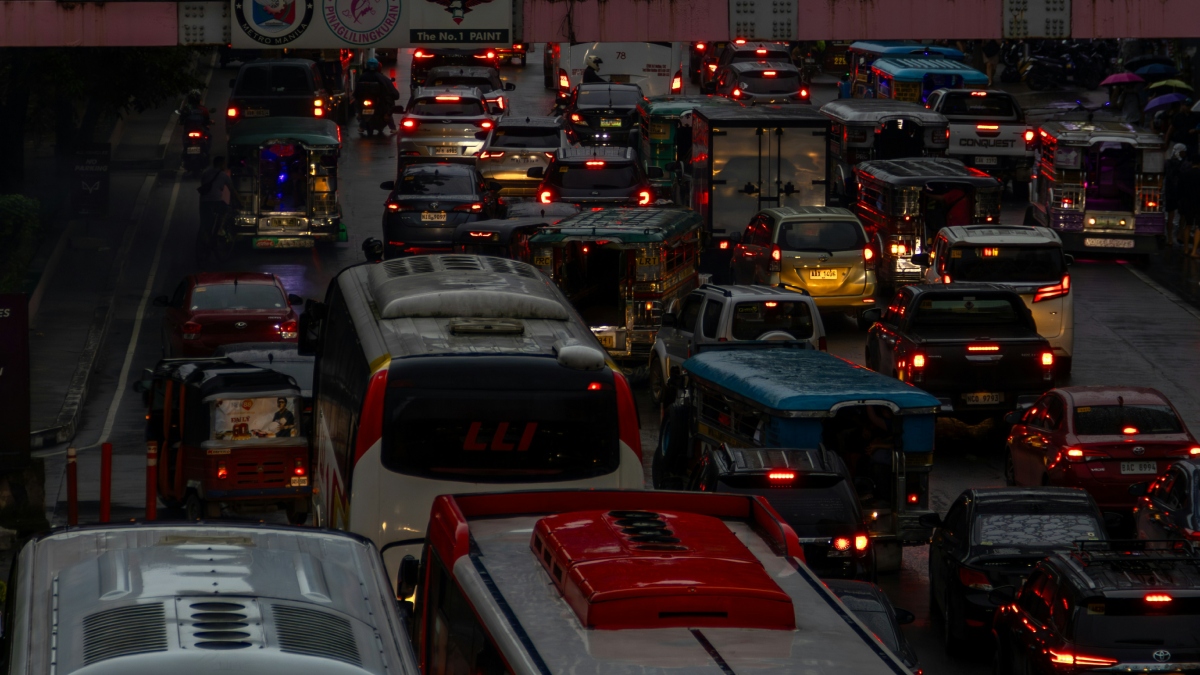A one-peso fare increase for jeepneys could be approved as early as next week, as the Land Transportation Franchising and Regulatory Board (LTFRB) weighs petitions from drivers and operators grappling with recent fuel price surges linked to the ongoing tensions between Israel and Iran.
LTFRB Chairman Atty. Teofilo Guadiz III said the agency is leaning toward a flat ₱1 increase across all routes. “One peso across the board, pero that’s all. Wala ‘yung per kilometer na increase. Flat rate muna. Masyado nang mabigat sa mga consumers,” Guadiz told GMA News.
He added the hike may be provisionally granted but only if oil prices remain around $80 per barrel. The LTFRB is also reviewing fare hike petitions from provincial bus operators, although it is still finalizing the necessary fare matrix. Guadiz noted that any possible bus fare increase would follow a graduated system—adjusting the base fare for the first 10 kilometers, then a different rate for succeeding distances.
In contrast, Metro Manila bus operators have withdrawn their fare hike request. Guadiz explained that intense competition from trains, modern jeepneys, and ride-hailing apps had made them reconsider. “The impact maybe is that if they increase the price of the fare, baka ho wala nang sumakay sa kanila,” he said.
Commuters interviewed by GMA News expressed concern that another fare hike would further stretch their already tight budgets.
The Department of Energy (DOE) confirmed that global oil prices have spiked due to market anxieties stemming from the Israel-Iran conflict. DOE Oil Industry Management Bureau Director Atty. Rino Abad stated, “Mayroon na ho talagang kinalaman sa nangyaring gulo since June 13… speculative ho ang mga increases na ito.”
She added that further hikes could happen if the geopolitical situation worsens but expressed hope for a market correction in the coming weeks.
To mitigate the impact, Malacañang has ordered agencies to closely monitor fuel prices. DOE officer-in-charge Sharon Garin also conducted inspections to ensure that local oil companies have sufficient reserves—enough crude for a month and refined products for at least two weeks.
The government is preparing to roll out ₱2.5 billion in fuel subsidies for jeepneys, taxis, ride-hailing services, and delivery riders. Garin urged oil firms to stagger the implementation of any big-time price hikes and offer discounts to public utility vehicles whenever possible.
“Kung mag-increase ang price at di namin na-anticipate… nagti-trigger po ‘yan na kailangan may fuel subsidy tayo o anumang ayuda,” she said.






